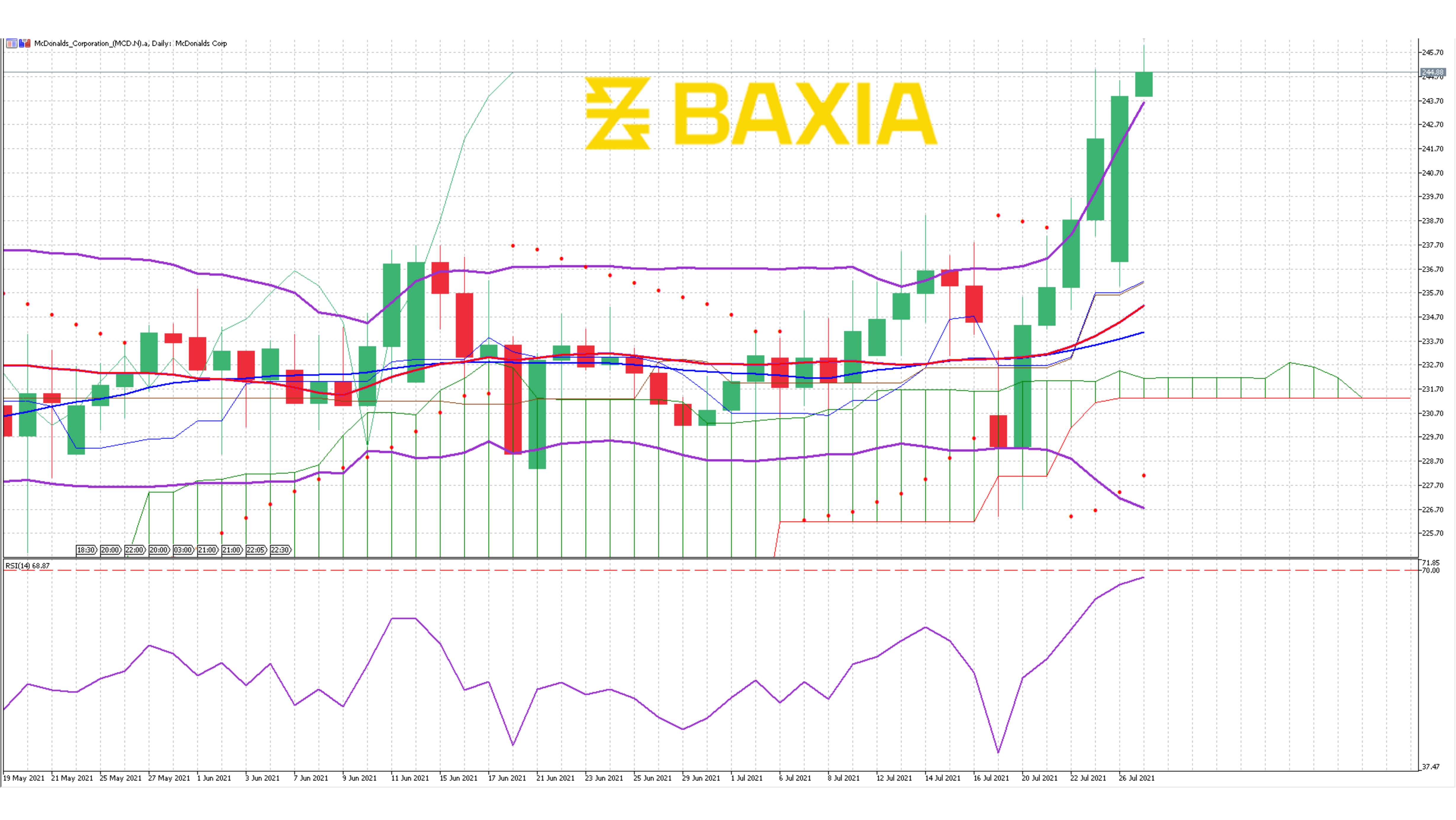
McDonald’s Corp., the world’s biggest restaurant chain by sales, is promising to diversify its supply chain in the coming years, and it’s getting some help from key partners.
About 25% of the company’s annual domestic supply-chain spending, or about $3.5 billion, will go to suppliers owned by women and minorities by 2025, McDonald’s said Thursday in a statement. This amount, an increase from its current level of about 23% of supply-chain dollars, will include spending by franchisees, who own and operate 93% of McDonald’s stores globally.
Along with significant partners including Cargill and Tyson Foods Inc., the Chicago-based company is also committing to a round of measures including annual equity and inclusion training for employees, boosting minorities’ representation in leadership, and tracking and sharing efforts to improve equality.

McDonald’s and other large companies are under mounting pressure to improve minority representation in their ranks and generally do more to boost their communities after last year’s murder of George Floyd Jr. sparked nationwide protests and closer scrutiny of inequality.
The company is also facing court cases that call into question its practices in the area. In May, media mogul Byron Allen sued McDonald’s for $10 billion, alleging the fast-food giant is discriminating against Black-owned media companies like his.
A group of Black franchisees is also arguing in court that McDonald’s set their restaurants up to fail in crime-ridden areas. It has faced other cases alleging that the company gives preferential treatment to White people among the ranks of its executives and workers.
McDonald’s has defended its record against the claims while announcing new, equality-focused initiatives, such as directing more ad money to Black-owned media. A year ago, McDonald’s pledged to step up efforts to fight systemic racism by fixing hiring biases, increasing the diversity of its leadership, and doing more to attract diverse franchisees.
Other companies that signed on to McDonald’s pledge on Thursday to diversify their supplier base include Accenture, Baker McKenzie, Fair Oak Foods, and Greenberg Traurig.
We love to hear new ideas from traders and want to know what you think!
If you like this topic and want to suggest future topics that you find helpful, let us know by clicking the ‘submit your feedback’ button below.
Trading foreign exchange on margin carries a high level of risk, and may not be suitable for all investors. Before deciding to trade foreign exchange you should carefully consider your investment objectives, level of experience, and risk appetite.
Nothing contained in this website should be construed as investment advice. Any reference to an investment's past or potential performance is not, and should not be construed as, a recommendation or as a guarantee of any specific outcome or profit.
